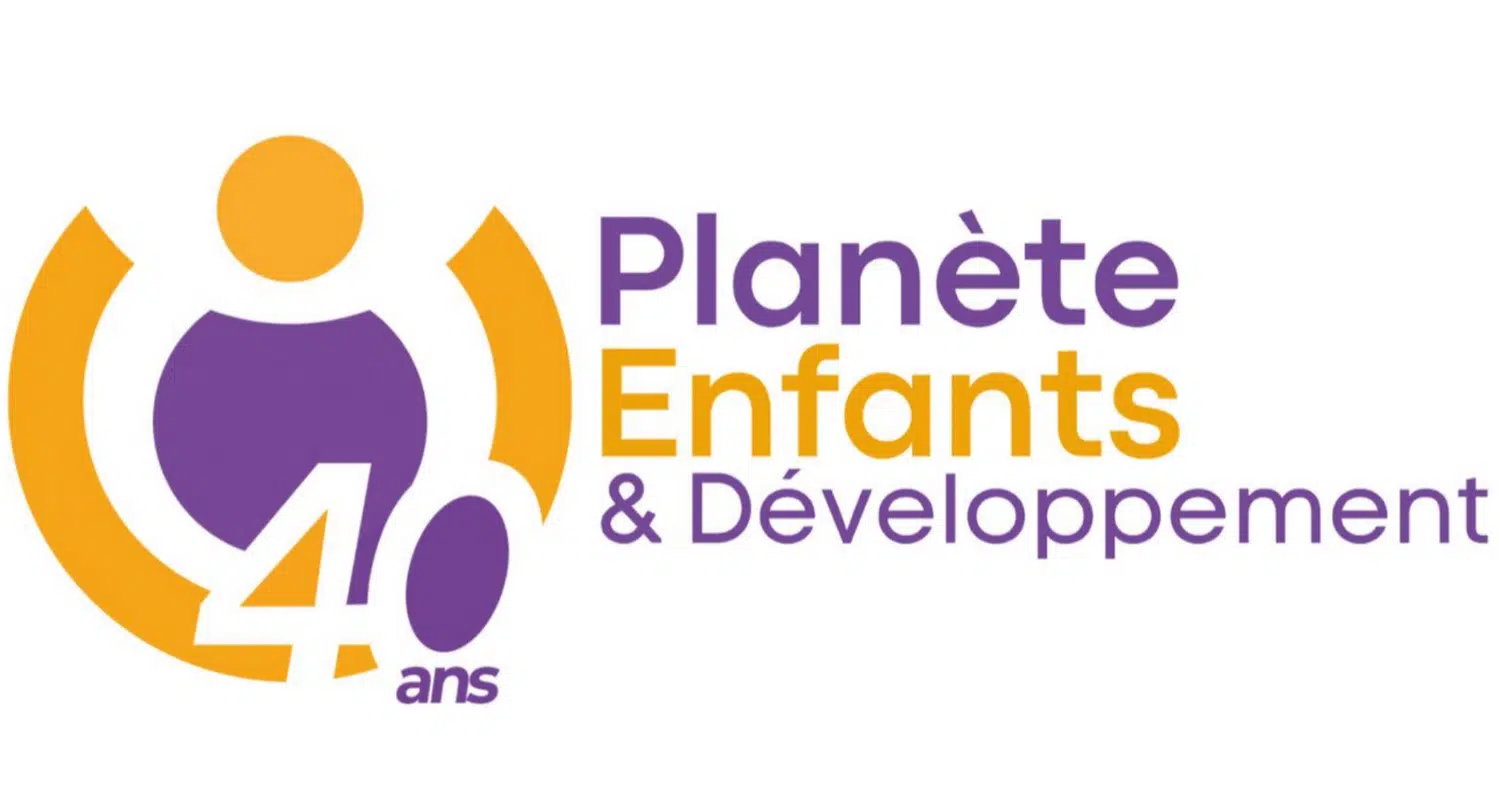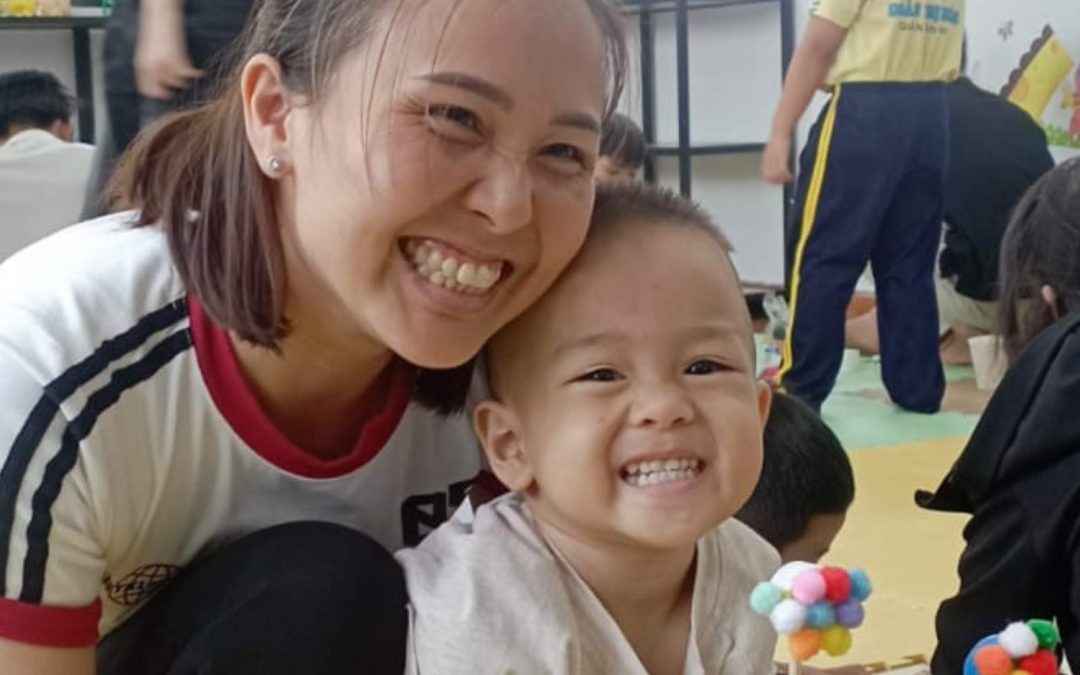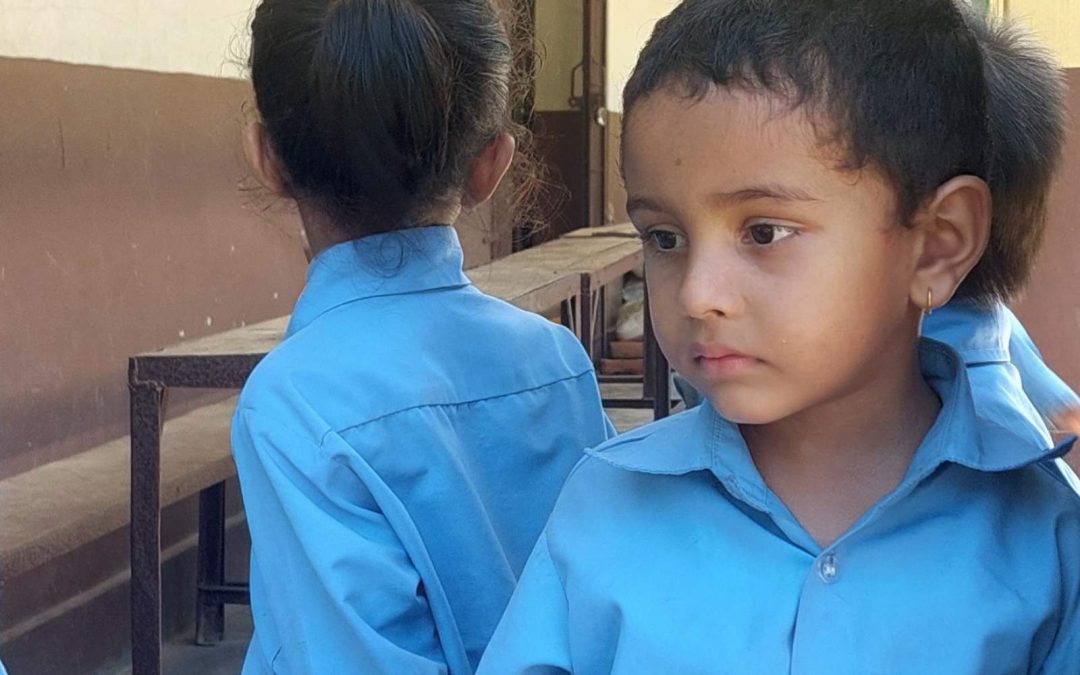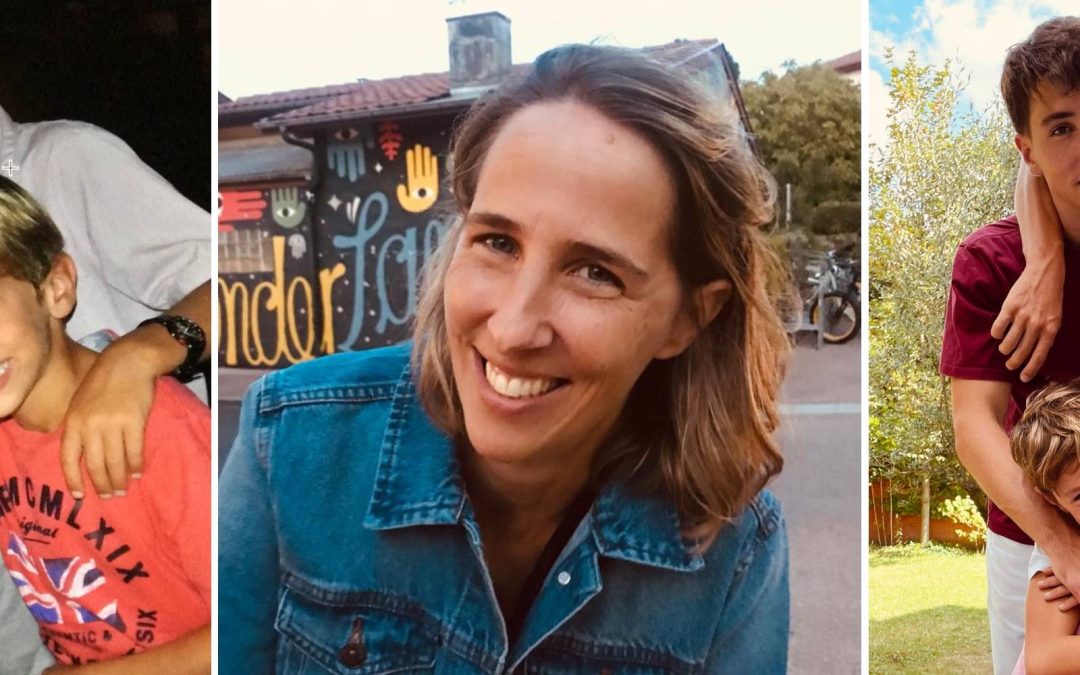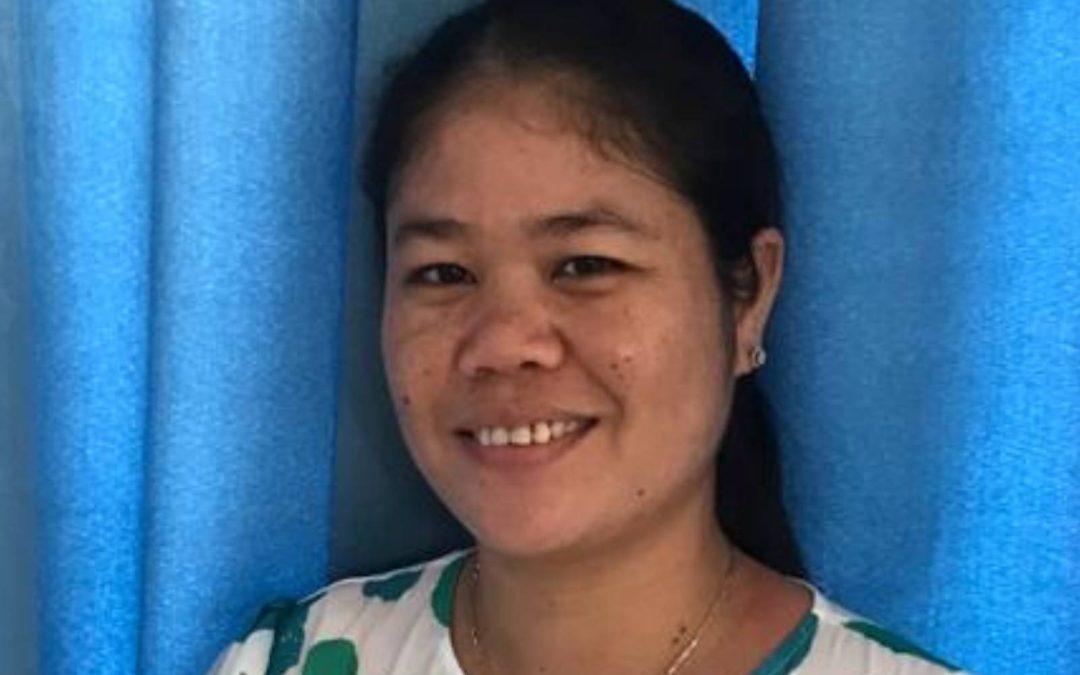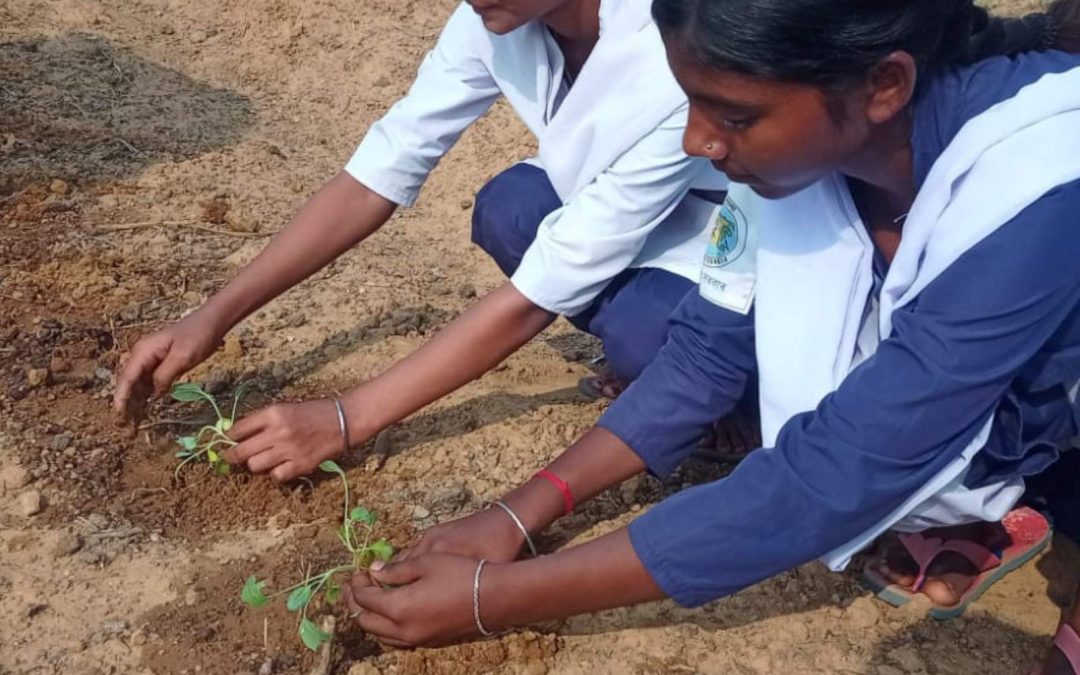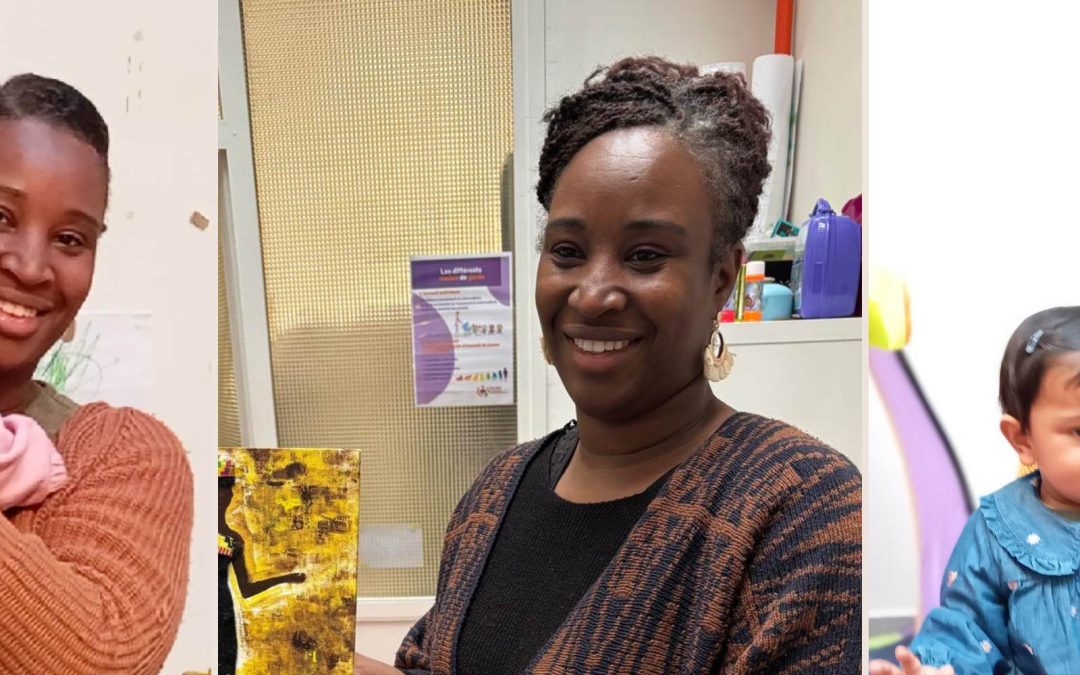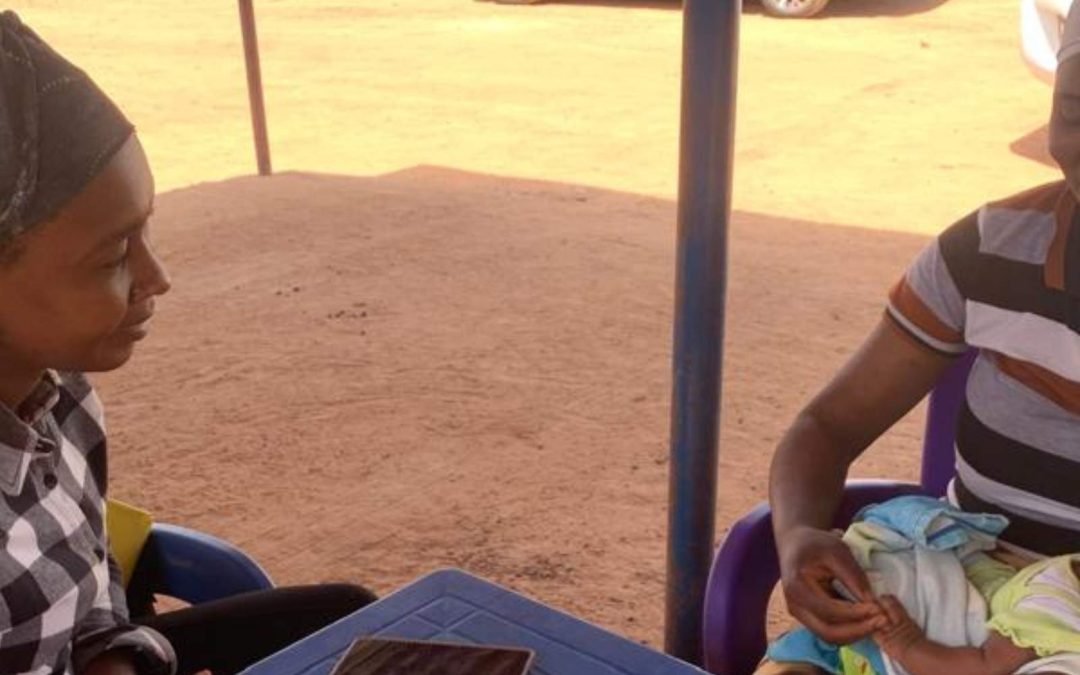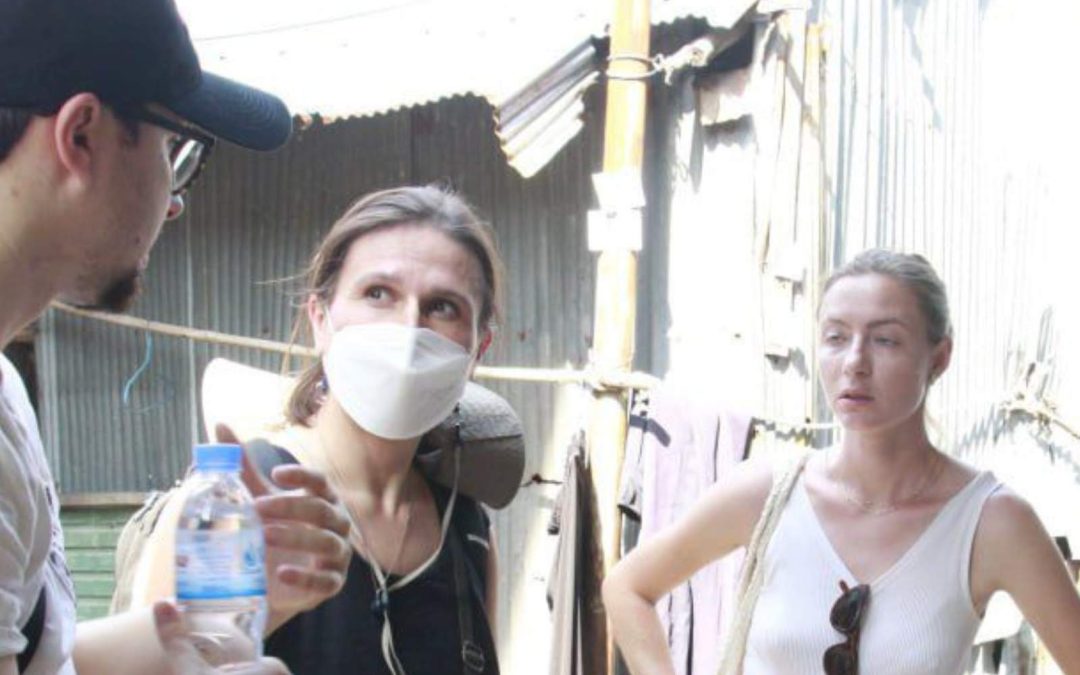
Daily terror, guilt, lowered self-esteem, feeling of not being a good parent... During her intervention last Tuesday, October 18, at our Early Childhood seminar, Stéphanie Hogrel - psychologist in child protection - explained to us the difficulty of ensuring protection and one's role as an educator when one is a parent victim of domestic violence and the effects on the child.
"In violence, there is always a relationship of domination
Whether it is physical, psychological, sexual or in the form of electronic surveillance, we speak of conjugal violence within a couple when a climate of daily violence is established and, over time, the violent person has a real hold on the victim, with a desire to control the other.
"Victims lose confidence in themselves
Gradually, the victim of domestic violence loses self-confidence, to the point of losing all self-esteem. She will put in place defense strategies such as what is called dissociation. In other words, she numbs her feelings to protect herself and becomes an actor in what she is experiencing. The victim tends to isolate herself.
"The abused parent becomes less attentive to his or her child"
This is called impeded parenting. Even if she wishes to protect her child, the victim of domestic violence gradually loses the ability to do so. Often stunned, disconnected from her own emotions, vigilant to the slightest reaction of her spouse, she loses attention and protection for her child.
"The child is also a victim
For the past year or so, a child in an abusive relationship is no longer considered by the law to be "exposed" or "witness", but rather a victim.
Already in the womb, the child feels the stress of its mother. As a baby, the child learns through his 5 senses. He doesn't understand but he hears the cries, he feels the blows... Even when he sleeps, the child feels his environment. A violent climate increases the child's stress hormone. As a baby, he can already become hyper-stressed and agitated.
"The accumulation of symptoms must be questioned.
There is a tool, the Baby Distress Alarm Scale (ADBB) by A. Guedeney, to help professionals who work with families and children to assess emotional withdrawal behaviors in children under the age of 2.
Of course, some of the problems observed in children should not, in isolation, lead to the conclusion that they are experiencing domestic violence. Fortunately, this is not the case. But the accumulation of symptoms should raise questions.
A baby can have many ear infections to stop hearing, develop eczema to build a barrier with the outside world, stay awake all the time to control what happens around him... A child between 2 and 4 years old can refuse to play in the playground and isolate himself. A child between 4 and 10 years old can develop great agitation, respond to frustration only with violence, lose confidence in the adult...
It has been observed that many children who are victims of domestic violence become "child-parents": as they grow up, a feeling of guilt takes over, the child's priority is to help reduce the violence, to take care of the siblings and even the parents...
"When the puzzle is out of order, words help put the puzzle back together"
Communication with the symptomatic child is essential. The more the unacceptable situations are named, the more they become real and are evaluated as abnormal by the child. It is then important to remove the child's guilt and to provide support for the parent and child who are victims of violence.
